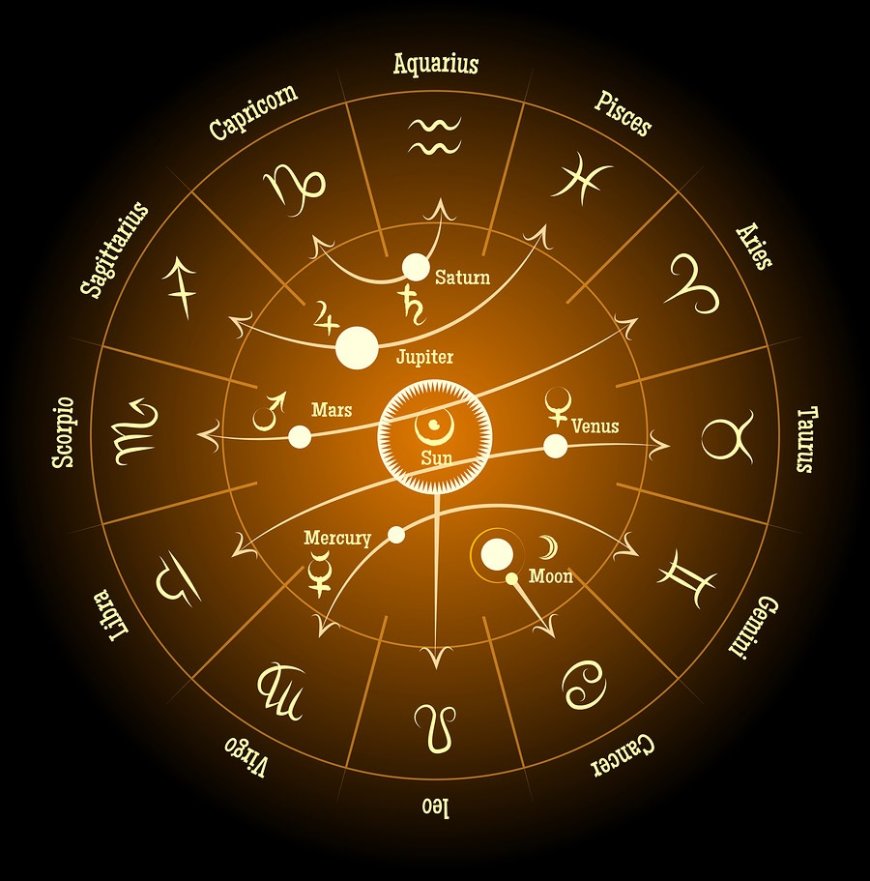The Ultimate Life Events Tracker: Organize Your Past, Understand Your Present
From birthdays and breakups to career shifts and breakthroughs, tracking life events helps you find meaningful patterns. This guide walks you through building a tracker that keeps everything in perspective.

We all go through defining momentssome joyful, some painful, some seemingly small but deeply impactful. Over time, those moments blur together. Dates are forgotten, feelings fade, and the meaning behind certain phases of life can become hard to trace. Thats where a Life Events Tracker comes in.
At first glance, it might seem like just another journaling trend. But building a dedicated system to track your lifes major events can reveal patterns, provide closure, and even guide your future decisions. Its more than a memory archiveits a tool for deep self-awareness.
Heres how keeping a Life Events Tracker helped me organize the chaos of my past, make peace with my present, and start writing a more intentional story going forward.
What Is a Life Events Tracker?
A Life Events Tracker is a personal timeline where you log significant milestones, emotional shifts, and transformational periods in your life. It can include:
-
Major life events (births, deaths, moves, relationships, breakups)
-
Career and education milestones
-
Health journeys
-
Emotional breakthroughs
-
Turning points in beliefs, identity, or values
Some people use spreadsheets, some prefer pen and paper, and others turn it into an interactive digital map or visual timeline. Theres no one right way to do itwhat matters is the why behind it.
Why I Started Tracking My Life Events
Honestly, I didnt do it for any deep reason at first. I just wanted to remember when certain things happened. But as I started listing out the key events in my life and assigning dates to them, something unexpected happened: I saw my life in chapters.
Moments that felt scattered or meaningless suddenly made sense in context. I began noticing clear before and after moments. I could finally connect the dots between an emotional shift and the real-world event that triggered it.
It became a form of self-mappinglike holding a mirror up to my past and asking, Where have I been, and how did I become who I am today?
The Benefits of Tracking Life Events
1. Gain Clarity Over Your Timeline
We often misremember when things happened. When did that job change occur? How long were you really in that relationship? When did your anxiety start to improveor worsen?
Tracking life events with specific dates helped me correct my own memory and see time more objectively. I could see how long certain patterns lasted, how frequently I was making big changes, and how my emotional seasons aligned with external ones.
2. Emotional Healing and Closure
Revisiting old events can be emotionalbut also freeing. Logging difficult moments helped me process them with new eyes. Its not about reliving trauma but reclaiming the story.
Sometimes just acknowledging, This happened, and it mattered, is enough to bring peace. Other times, the act of writing it down helps untangle residual guilt, grief, or confusion.
3. Reveal Patterns and Cycles
After a few months of tracking, I started noticing repeating themes:
-
I made major life shifts every 78 years.
-
My biggest breakthroughs often came after a health or emotional dip.
-
Key relationships emerged during similar planetary transits (yes, astrology made it into the mix!).
It helped me see that change wasnt random. I was living in cycles. And knowing that gave me perspective when I hit a low pointId been here before, and I had made it through.
4. Integrate with Astrology or Other Frameworks
If youre into astrology, tracking your life events becomes even more powerful. Once I had my timeline mapped out, I began comparing it with planetary transits, solar returns, and even Saturn cycles. The results were uncanny.
Even if youre not into astrology, you can pair your timeline with therapy notes, self-help frameworks, or journaling themes to see how youve evolved emotionally and psychologically.
5. Set Future Intentions with Confidence
Understanding where you've been helps you decide where to go next. When I looked back and saw what seasons brought growth, what choices brought pain, and what years felt most aliveI had a much clearer idea of what I wanted more of.
Instead of repeating the same unconscious loops, I could step forward with intention.
What to Include in Your Life Events Tracker
You dont need to track every little thing. Focus on pivotal momentstimes when something shifted in your outer life or inner world.
Here are some ideas to start with:
-
Births, deaths, marriages, and divorces
-
Moving to a new city or home
-
Job changes, promotions, or career pivots
-
Health diagnoses or recoveries
-
Mental health turning points
-
Breakups or the start of important relationships
-
Spiritual awakenings or belief shifts
-
Creative breakthroughs or major decisions
-
Periods of crisis, burnout, or major uncertainty
You can add dates (exact or approximate), age, and a few notes on what you felt, learned, or how it changed you.
Tools and Formats You Can Use
-
Notebook or Journal: Keep it analog. One page per year or a bullet list of life events.
-
Spreadsheets: Great for adding dates, notes, and tags (like career, health, relationships).
-
Digital Timelines: Tools like Notion, Airtable, or Tiki-Toki let you build interactive timelines.
-
Visual Storyboards: Create a visual wall of photos, notes, and datesgreat for creatives.
Whichever format you choose, make it easy to update and meaningful to look at.
Tips to Make It Meaningful
-
Start from memory, then fill in with journals or photos.
-
Dont worry about exact datesapproximate years are fine.
-
Write in your own voice, not like a report.
-
Use color coding or tags to track themes (e.g., love, growth, loss, turning point).
-
Review your timeline monthly or annuallyadd, reflect, and reframe.
Final Thoughts
Life moves fast. Without a conscious way to track it, we often lose sight of where weve been. A Life Events Tracker gives you that missing lenshelping you see your journey with compassion, clarity, and context.
It wont erase the hard parts, but it will give them meaning. It wont predict your future, but it will help you understand how youve been shaped.
When you organize your past, you dont just tidy up your memoriesyou free your present from confusion, and you give your future a map worth following.





































